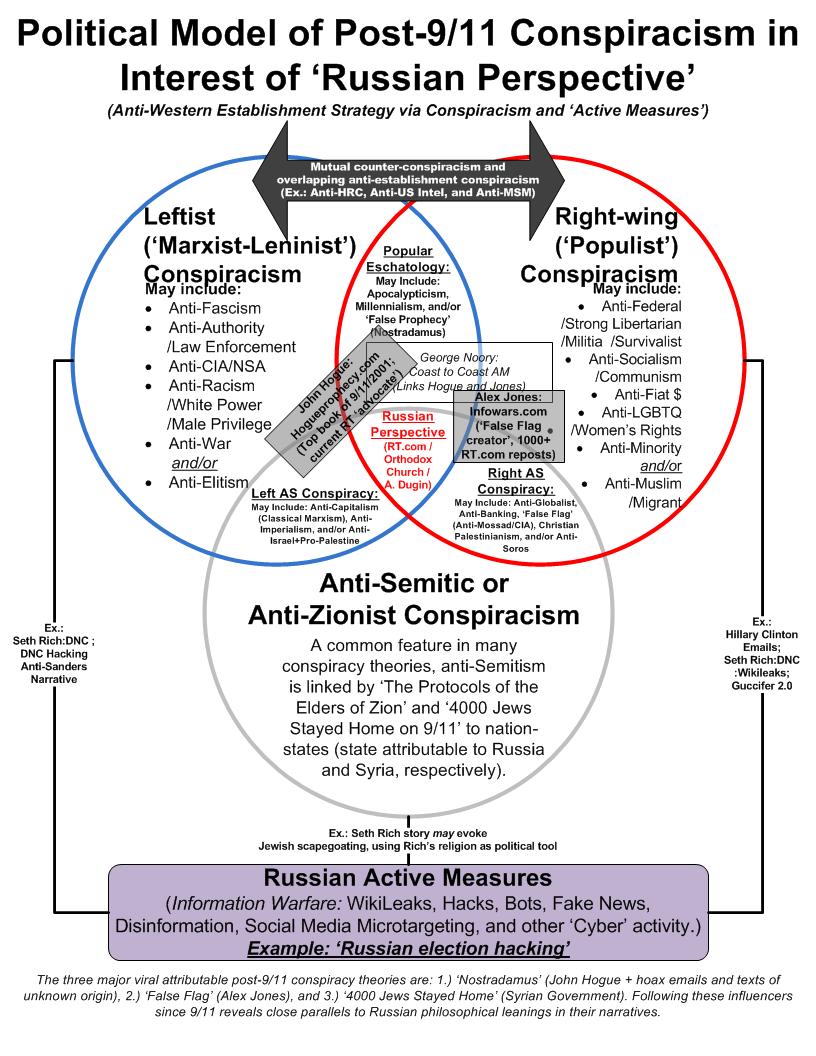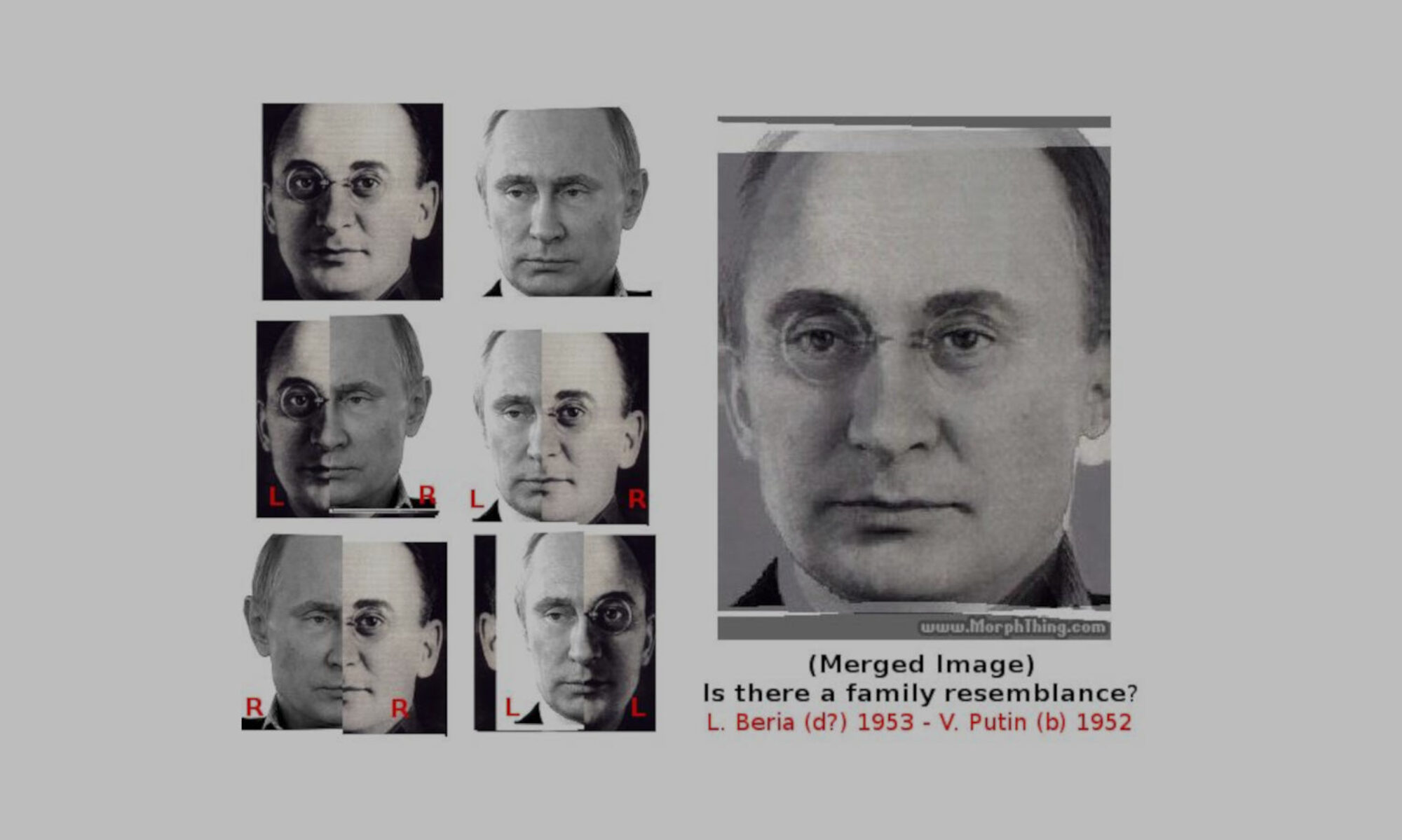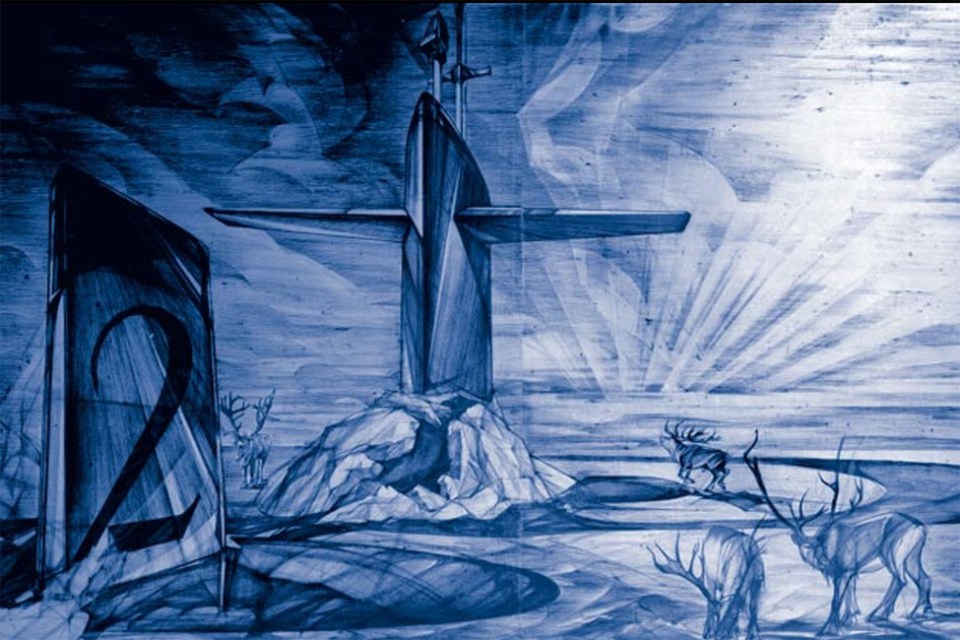Did you know that the same people who advanced the Protocols of the Learned Elders of Zion were also responsible for the near-simultaneous canonization of Seraphim of Sarov? According to Sergei Nilus and Konstantin Pobedonostsev – two conservative Orthodox figures closely connected to Nicholas II -supposedly the venerable Seraphim had predicted the death of Nicholas II by Jewish (e.g. ‘Bolshevik’) elements; painting him as a Christ-like martyr.
Seraphim is still important today, forming a critical psychological component of ‘Russian Atomic Orthodoxy‘ (with the first Russian atomic bomb having – not coincidentally – been developed in Sarov).
Atomic Orthodoxy, A. BELYAEV-GUINTOVT, A. MOLODKIN,
It is also clear that under a rational interpretation of the strategies of Nilus et al, Russia’s other ventures in ‘false prophecy’, and the very existence of the Protocols themselves, we should have quite a bit of doubt that the prophecies of Seraphim are/were anything other than a cynical Tsarist political control mechanism / psychological attack on the Russian people themselves by their own leaders. Nilus had skills as a forger/faker, and it is quite possible the “evidence” provided to the Tsar of the Seraphim prophecy was therefore a forgery itself.
The extra-rational calls to faith in terms of the so-called martyring of Nicholas II echo claims in the Protocols (regarding rationalism as a Western concept); and can be seen in this (likely) example of modern Russian Orthodox propaganda (esp: @ 5:00):
Reading the following in order may put much in context for you in terms of Russia’s ‘antichrist’ strategy (note the general opposition in Katechonic doctrine to the core values of the West as shown in the diagram).

Reading list:
The Myth of the Jewish Menace in World Affairs, Lucien Wolf
The Canonization of Serafim of Sarov: Piety, Prophecy and Politics in Late Imperial Russia, Richard Price
The Politics of Russian Nationalisms, CIA Report
The Role of the Russian Orthodox Church in Nationalist Xenophobic and Antiwestern Tendencies in Russia Today: Not Nationalism, but Fundamentalism, Aleksandr Verkhovsky
Contemporary Russian Messianism and New Russian Foreign Policy, Maria Engstrom

